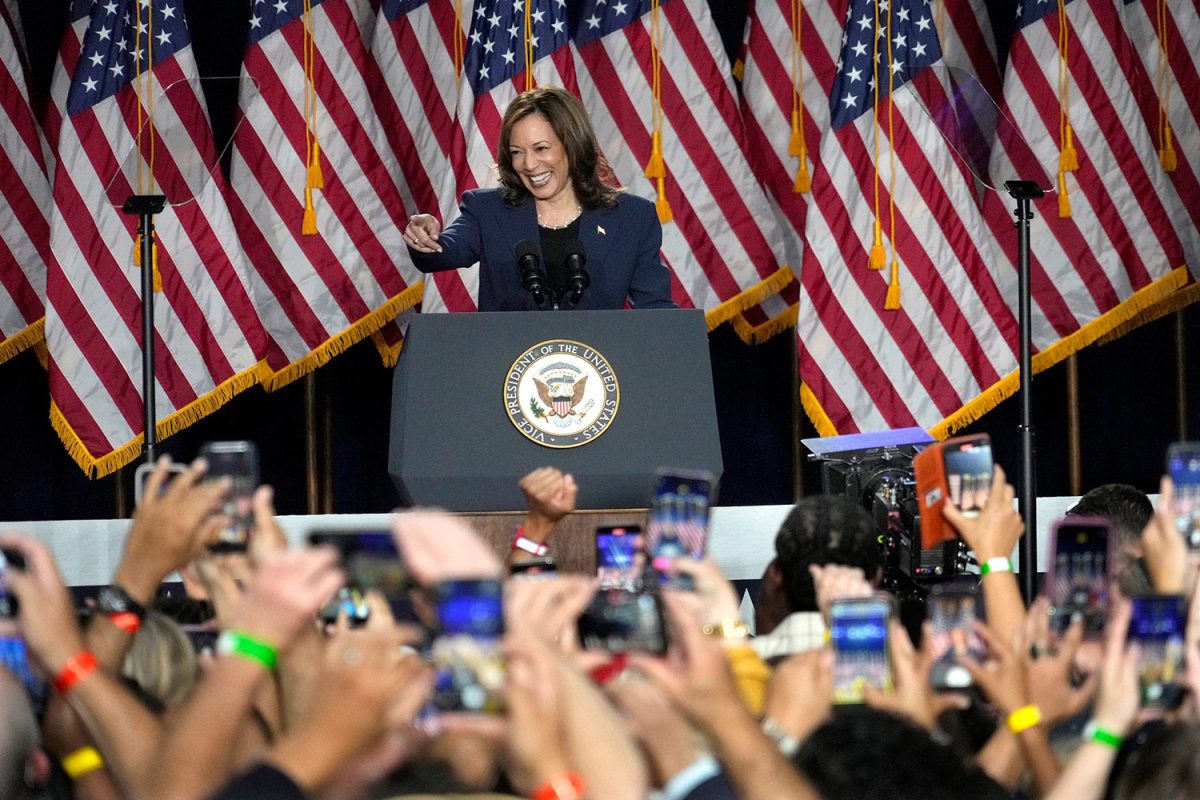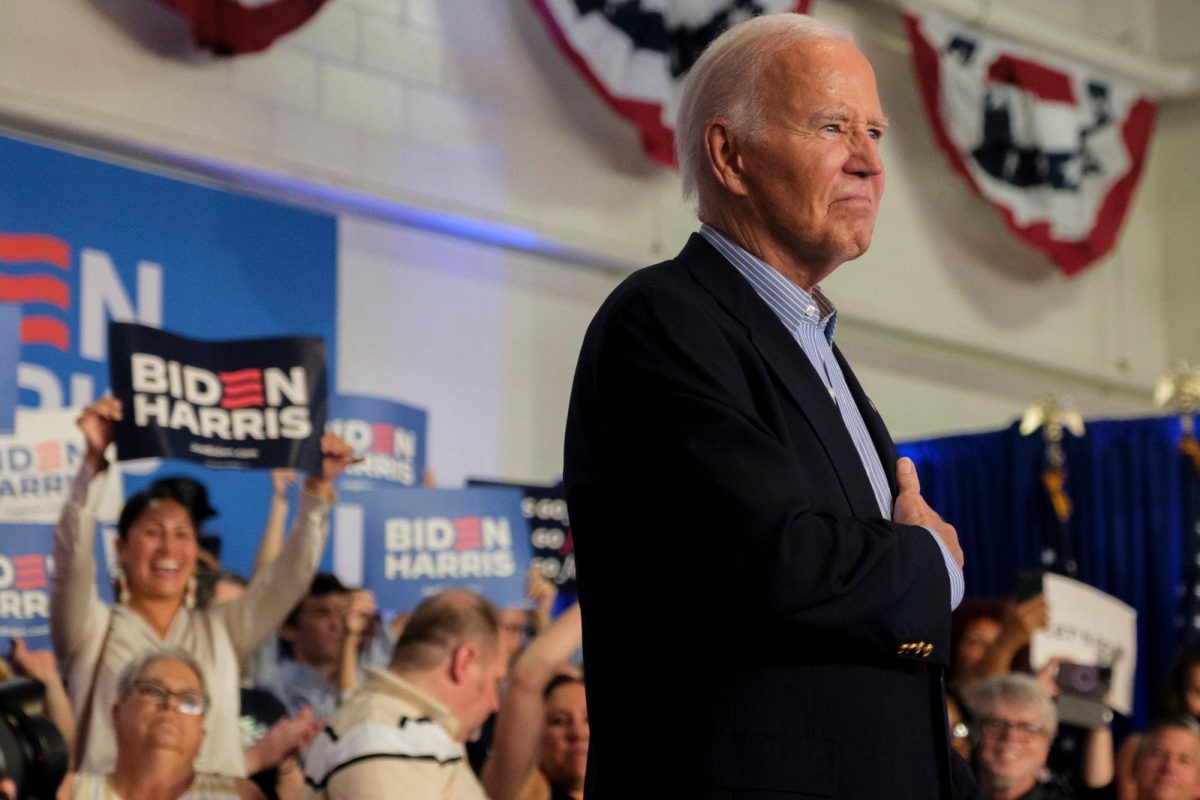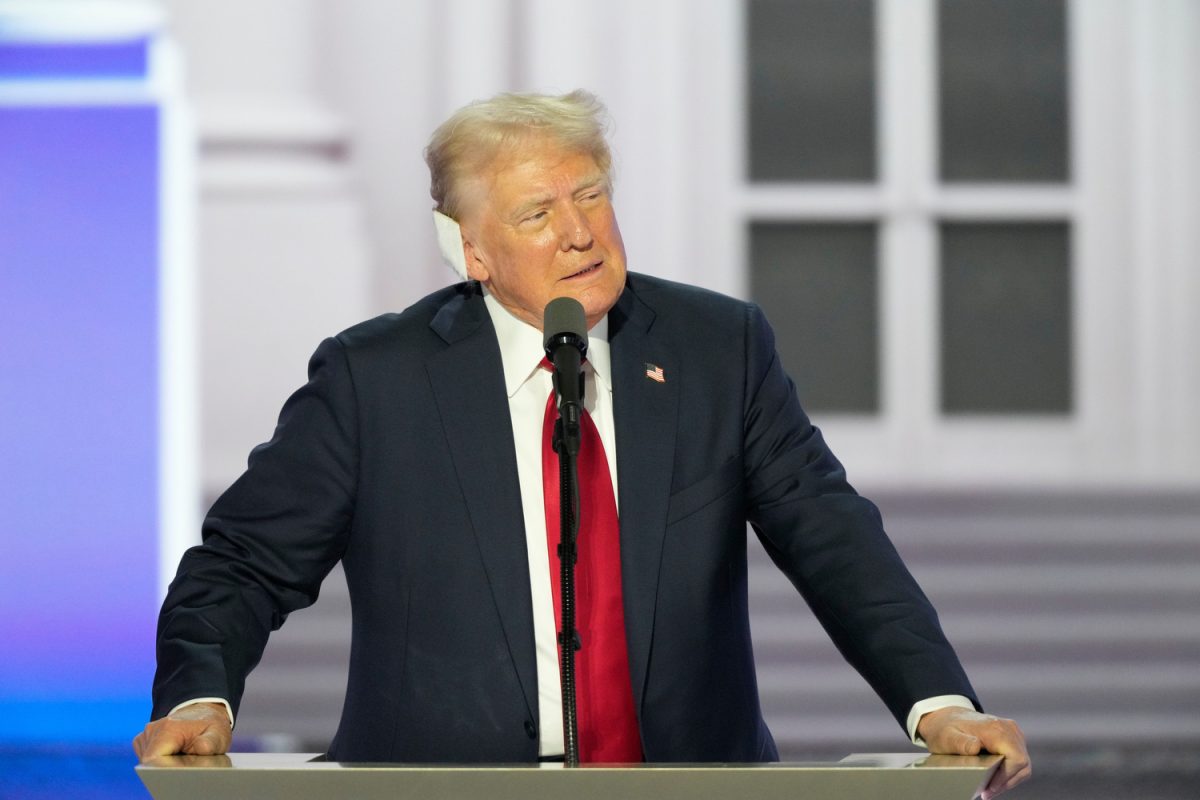FEDERAL GOVERNMENT SHUTDOWN
• The last government shutdown lasted 16 days in October 2013, when Congress was unable to agree on a budget for fiscal year 2014. Part of the problem was conservatives in the House wanted to defund Obamacare.
• Military personnel are not paid during a government shutdown unless Congress passes a measure ensuring they are.
• Federal student-loan funding and financial aid were not affected during the shutdown because it had been disbursed for the 2017-18 school year.
• Mandatory Pell-Grant funding also remained untouched during the shutdown.
• Airports did not close during the government shutdown — they are seen as essential. Such tourist attractions as the Statue of Liberty were originally closed, but reopened soon after because of New York’s tourism budget. Some national parks remained open during the shutdown, while others did not have funding.
• Post offices and Social Security offices are not closed during government shutdowns.
As the clock struck midnight on the East Coast on Jan. 19, the federal government began the stages of partially shutting down because the Senate failed to pass a stop-gap bill to prevent a lapse in appropriations. After a weekend of negotiating, the Senate voted 81-18 Monday afternoon to pass a bill temporarily funding the federal government through Feb. 8, with a promise from Republicans to address immigration, particularly the future of the Deferred Action for Childhood Arrivals program. The House of Representatives passed the same bill a few hours later.
In a Jan. 22 statement released by the office of Sen. Chuck Grassley, R-Iowa, the senator said America’s servicemen and servicewomen should not go without a paycheck because of the shutdown (which they didn’t), which he attributed to Senate Democrats in a Jan. 20 statement.
“It’s a shame it took three days and millions in wasted taxpayer dollars for common sense to prevail, but I’m glad it did,” Grassley’s statement read. “If it wasn’t political, it’s unclear why Democratic leaders voted against funding the government on Friday but voted for it on Monday.”
Grassley said there was no good reason to shut down the government. He said he will continue to work with other members of Congress on legislation to enact real border security.
According to the Department of Homeland Security, then-President Barack Obama put DACA in place through an executive order in June 2012. It allowed individuals who came to the U.S illegally as children to request deferred action for two years and was subject to renewal. It also included eligibility for work authorization.
DACA was rescinded in an announcement by Attorney General Jeff Sessions Sept. 5 and gave Congress a six-month window to find a solution — with a deadline of March 5, 2018.
The shutdown put on hold funding reauthorization for the Children’s Health Insurance Program for six years, which provides 80,000 Iowa children with access to health-care services, according to a Jan. 22 statement released by the office of Sen. Joni Ernst, R-Iowa. The new bill reauthorized that funding.
Ernst urged lawmakers in the House of Representatives to pass the temporary spending bill, which they did a few hours after the Senate.
In a Jan. 22 statement released by Ernst’s office, she said she hopes long-term solutions to government funding and DACA can be reached in the coming weeks.
Troy Price, the chair of the Iowa Democratic Party, said Senate Republicans’ refusal to compromise caused the government shutdown.
“This government shutdown is the direct result of the Republican Party’s refusal to engage in productive bipartisanship,” Price’s statement read, “These Iowans [lawmakers] seem to have forgotten that they were sent to Washington to serve the people of our state, not use us as bargaining chips.”
Senate Minority Leader Chuck Schumer, D-N.Y., said on Twitter Monday
afternoon that he expects Senate Majority Leader Mitch McConnell, R-Ky., to fulfill his commitment to the Senate and abide by the Republicans’ promise to reach an agreement on DACA.
President Donald Trump on Monday evening signed the spending bill.
A bipartisan group of more than 20 senators had worked to find a solution to the shutdown. McConnell introduced the stop gap-bill to reopen the government to the Senate Monday morning.
The last government shutdown lasted 16 days in October 2013. That shutdown was reported by CNN as being the most costly government shutdown at the time and was estimated to have cost the economy $20 billion.










